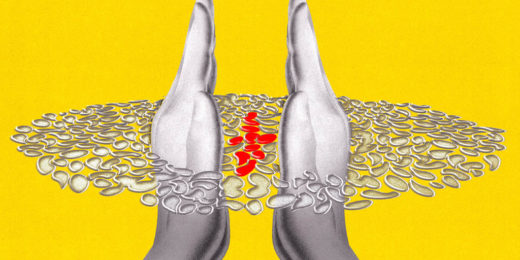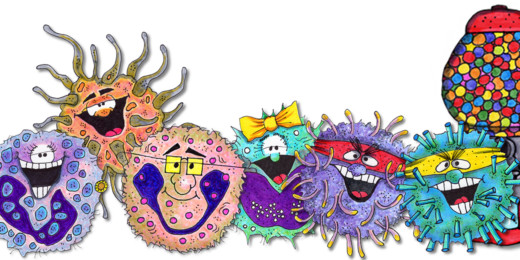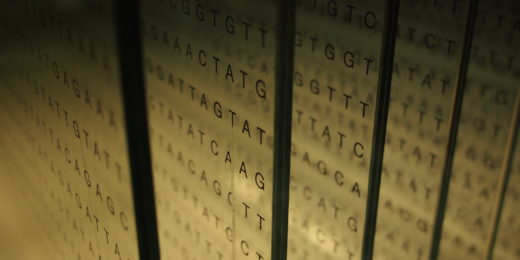Stanford Medicine Scientists have devised a blood test to predict some cancer relapses after patients have already been treated.
Category: Cancer
A better COVID-19 vaccine?
A new way to deliver mRNA as a COVID-19 vaccine may avoid side effects and increase customization to prevent infection.
Keeping treatment-resistant skin cancer cells in check
Anthony Oro is devoted to understanding the origin of basal cell carcinomas. Now he's found how some become resistant to a common treatment.
Universal hepatitis B screenings can save lives and cut costs, study says
Stanford researchers find that screening all adults in the United States one time for hepatitis B could save money and lives.
New findings expand hopes for a stem cell cancer ‘vaccine’
Induced pluripotent stem cells share proteins with some cancers. The cells can be used as a vaccine to prevent pancreatic cancers in mice.
Why many stage 3 colorectal cancer patients skip chemo
As risk factors such as no health insurance and low income accumulate, colorectal cancer patients are less likely to finish chemotherapy.
Molecular clues could signal eye cancer survival odds
Stanford Medicine researchers discover that certain proteins can predict survival for patients with a type of eye cancer.
Evading exhaustion to improve CAR-T cell therapy
'Resting' exhausted cancer-fighting immune cells enhances their tumor-killing activity, which may help people with blood and solid cancers.
Former patient writes book for kids on stem cell transplants
A cancer survivor treated at Stanford has written a book to help kids facing stem cell transplant understand the procedure and approach it with courage.
Earlier colonoscopies halve subsequent cancer risk
People who have their first colonoscopy between the age of 45 and 49 halve their risk of subsequent colorectal cancers, a Stanford Medicine study has found.
How a Nobel laureate’s life story and encouraging words inspire my scientific journey
Editor's update: Emily Ashkin is featured in a podcast from The Lasker Foundation. My legs were starting to ache from standing by my research poster …
Less is more? Focused genetic testing recommended for breast and ovarian cancers
Ovarian cancer genetic testing is underused and large gene panels lead to uncertain results, particularly for non-white patients, a Stanford Medicine study finds.
A cancer treatment that tackles heart disease?
A Stanford-developed anti-cancer therapy currently in clinical trials may also reduce vascular inflammation in heart disease.
Best of 2020: Stanford Medicine’s top podcasts
In 2020, contributing editor Paul Costello’s top podcasts reflect the challenges of the coronavirus and other timely health care issues.
Stanford Medicine magazine’s top reads of 2020
Stanford Medicine magazine's most-read articles of 2020 were about COVID-19, grieving and chemo brain, a misunderstood side effect of chemotherapy.
Colon cancer screening age drops to 45
As younger adults are being diagnosed with colon cancer, the U.S. Preventive Services Task Force is recommending screening all adults older than 45.

















